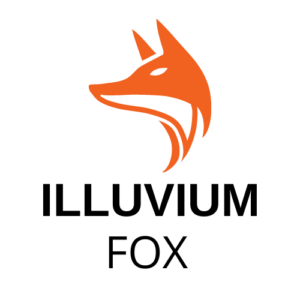Yield Guild Games and Merit Circle offer play-to-earn gamers so-called scholarships. Gamers, often in developing countries, can borrow the NFT that acts as an entrance fee for the game. In exchange, the player has to send back a cut of their in-game earnings.
In October, YGG invested $175,000 in Merit Circle to expand its scholarship program. But a number of key members of the Merit Circle DAO deem this investment to be insufficient from a value-added perspective.
Many Merit Circle DAO members expected YGG to introduce further investors and provide social media coverage.
“Unfortunately, we were also disappointed with YGG’s response, as it demonstrates how little value they have added over the past 7 months,” wrote DAO member and investor Sad Cat Capital. “As a VC firm ourselves, we take pride in the activism we do for projects that we love.”
YGG says that the agreement between the two DAOs was an exchange of tokens for capital, and no part of the agreement called for “value-add” services.
All of this highlights a key challenge in the viability of DAOs: As leaderless organizations governed by their members, they are vulnerable to the political whims of stakeholders, who may think they have more control over the DAO than the incorporated, real-world arm of the DAO.
Although many members of the DAO have strong feelings about the role YGG should play, the investment contract was signed by Merit Circle Ltd., the Gibraltar-incorporated counterpart of the DAO, which is controlled by executives of Merit Circle and early investors.
While the DAO members can put forward an improvement proposal on which to vote, it’s not known if the signed agreement has a clause to cancel and refund the investment, thus making any proposal of this nature non-binding.
YGG’s token is currently trading for 68 U.S. cents, according to CoinGecko, down 62% on-month. Merit Circle’s token is at $1.10, and has also faced strong market headwinds, dropping 44% in the last 30 days


